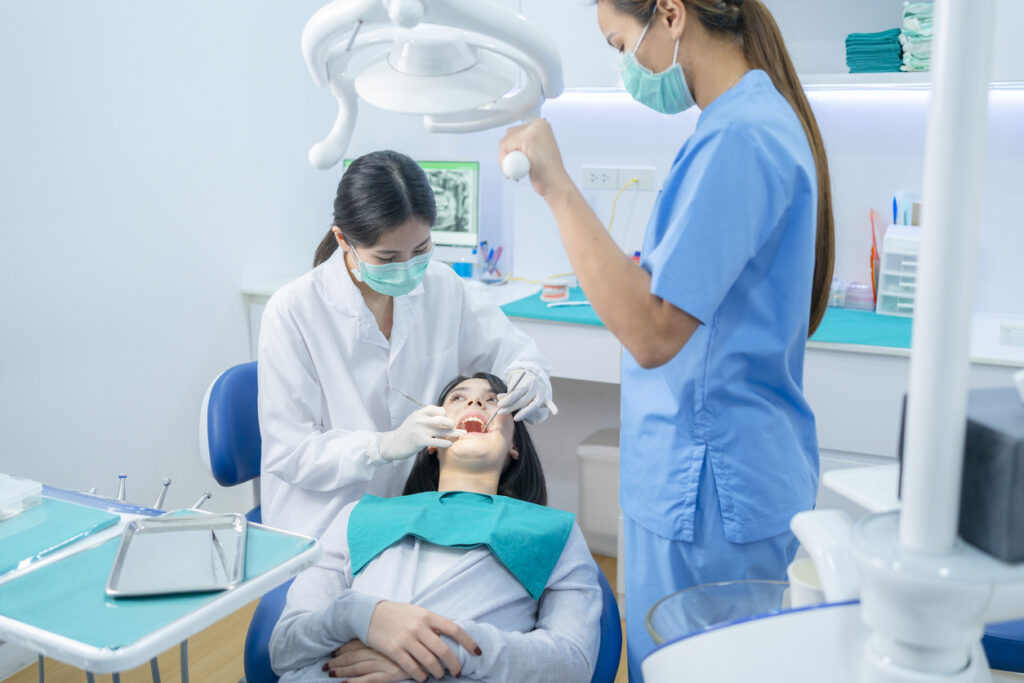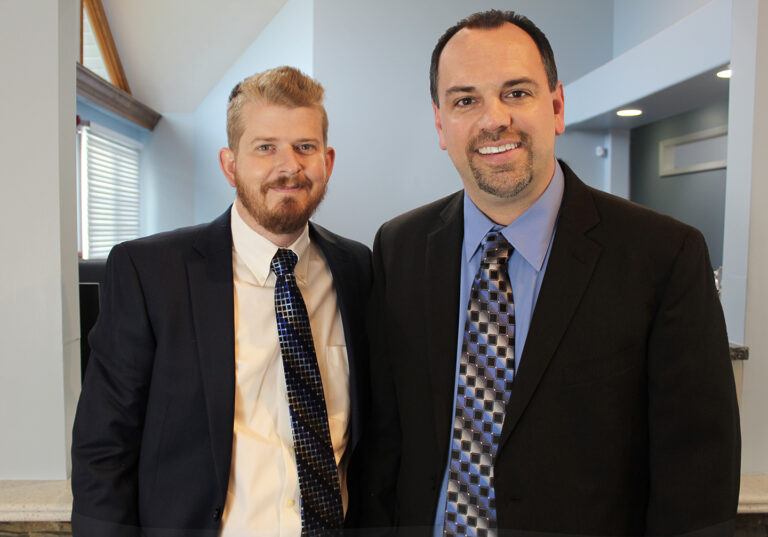
What To Know About Tooth Removal
Tooth removal is a procedure typically included in family dentistry services to remove one or more teeth for reasons that could include severe decay, crowding or infection. Although proper dental hygiene can help prevent tooth extraction by reducing the risk of cavities and keeping the teeth healthy, there are some cases where extraction can’t be avoided. Here’s what you need to know about having a tooth removed.
The Process of Tooth Removal
Once the dentist determines that a tooth needs to be removed, you will get an appointment for surgical extraction. While a family dentist is able to remove teeth, special cases could be referred to an oral surgeon. The dental team will walk you through the process of having the tooth removed.
The dentist numbs the area, but if you feel pain, tell the dentist right away and they will make sure you are comfortable by administering more local anesthetic. Forceps are generally used to help remove the tooth from the gums, but bigger teeth might be cut into two small pieces. If the tooth is impacted, it requires more in-depth work, as the dentist must cut through the gum and bone tissue to reach the tooth and pull it free.

What To Know About Tooth Removal

Tooth removal is a procedure typically included in family dentistry services to remove one or more teeth for reasons that could include severe decay, crowding or infection. Although proper dental hygiene can help prevent tooth extraction by reducing the risk of cavities and keeping the teeth healthy, there are some cases where extraction can’t be avoided. Here’s what you need to know about having a tooth removed.
The Process of Tooth Removal
Once the dentist determines that a tooth needs to be removed, you will get an appointment for surgical extraction. While a family dentist is able to remove teeth, special cases could be referred to an oral surgeon. The dental team will walk you through the process of having the tooth removed.
The dentist numbs the area, but if you feel pain, tell the dentist right away and they will make sure you are comfortable by administering more local anesthetic. Forceps are generally used to help remove the tooth from the gums, but bigger teeth might be cut into two small pieces. If the tooth is impacted, it requires more in-depth work, as the dentist must cut through the gum and bone tissue to reach the tooth and pull it free.

The Aftercare for Tooth Extraction
Immediately after the tooth is pulled, a blood clot will start to develop in the tooth socket. Before you get up, the dentist will pack the socket with gauze and have you bite down on it. Within a few minutes, the bleeding stops. You may be advised to leave the gauze pack in place for up the 45 minutes to ensure the clot will hold. There could be some bleeding when the gauze is removed, and if so, use a thick piece of clean gauze dampened with warm water to place over the extraction site. Close the teeth and maintain firm pressure for another 30 minutes. If heavy bleeding persists, call your dentist.
- You may want to apply an ice pack to the side of the face where the extraction occurred to reduce swelling and ease the pain.
- Pain may continue for a few days but taking pain medication like ibuprofen according to dosing recommendations can ease the discomfort.
- Avoid cleaning the teeth next to the healing socket on the day of the procedure and gently restore cleaning close to the area on the day after.
- Use warm salt water to keep food particles and bacteria out of the healing socket site.
- Avoid sucking through straws, eating hard or crunchy foods and drinking or eating hot liquids or foods as this can pull lose the blood clot and cause a dry socket. (This needs to be reported to your dentist right away.)
- Give yourself a few days of taking it easy to allow the blood clot to seal and remain in place so the socket can fully heal.
The Right Tooth Removal Team
Tooth removal is often a necessary step in maintaining good oral health. With the right team of dentists in place, the procedure is over quickly with minimal discomfort and stress. Reach out to our team at ActOn Dentistry to talk about your oral health. Let us guide you to a healthier, happier smile.

Request an Appointment
If you are ready to schedule an appointment with Dr. Tinker or Dr. Slaven at ActOn Dentistry, please click the link below.



